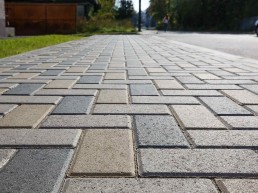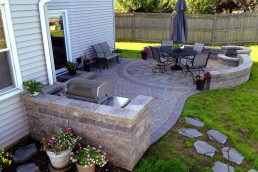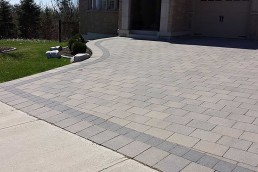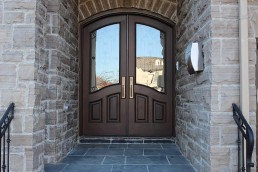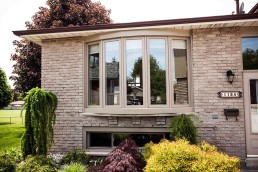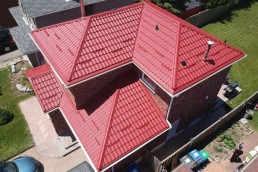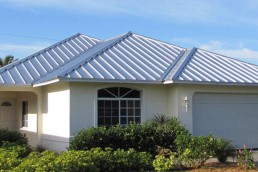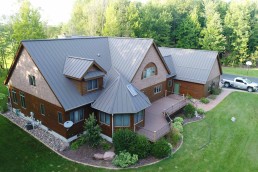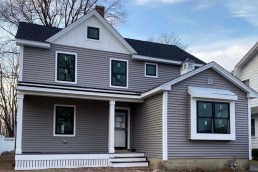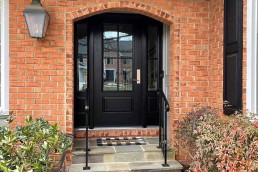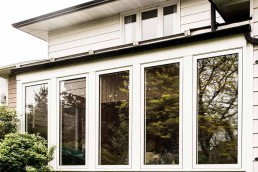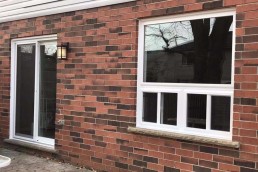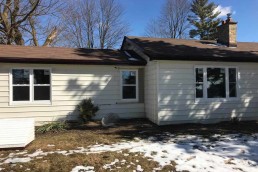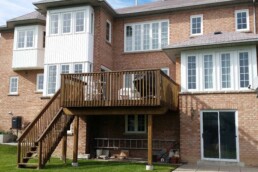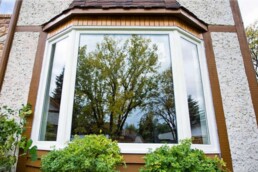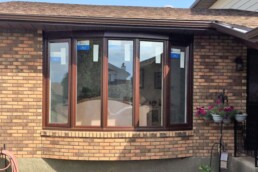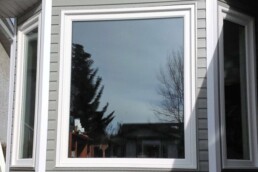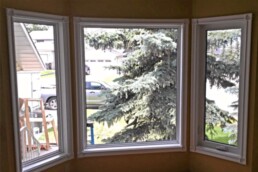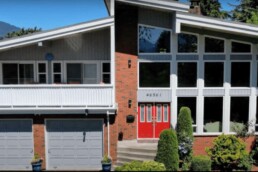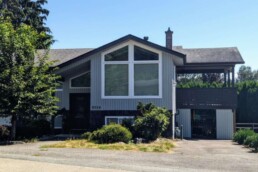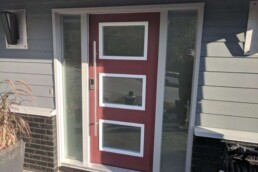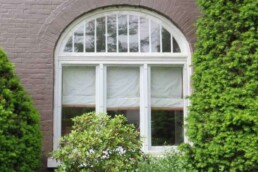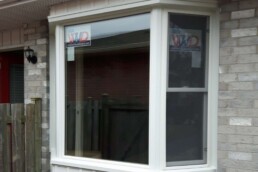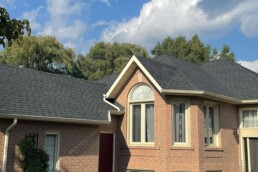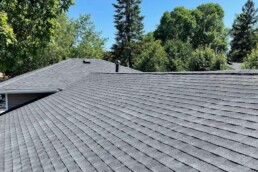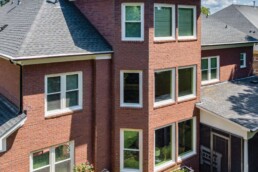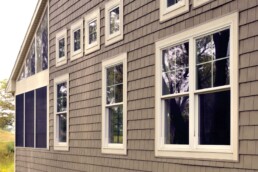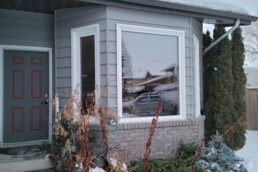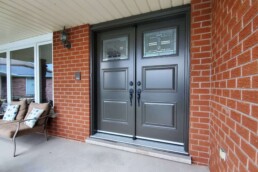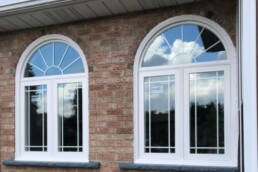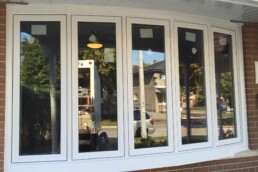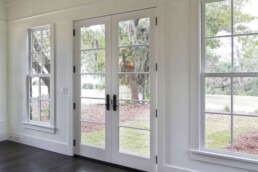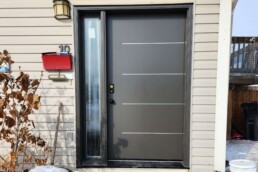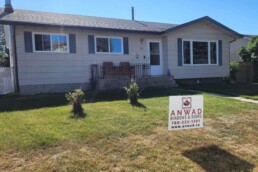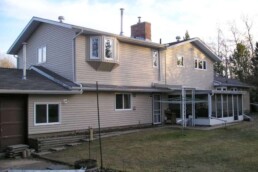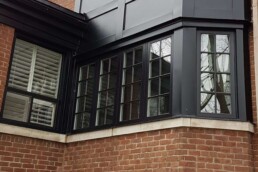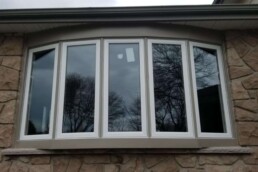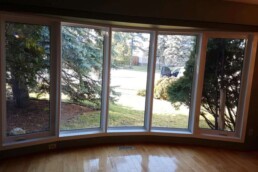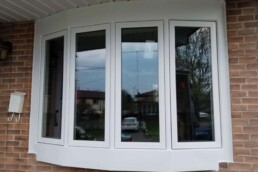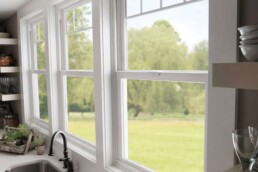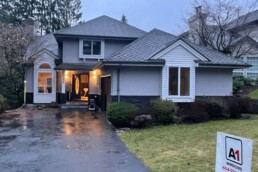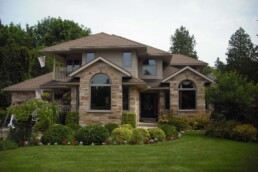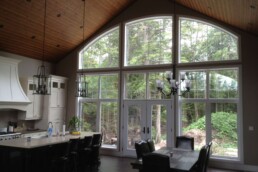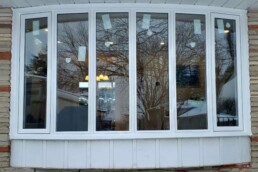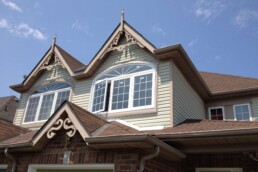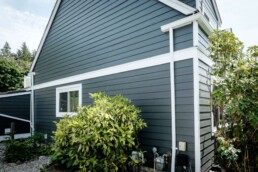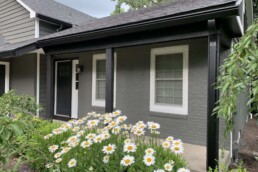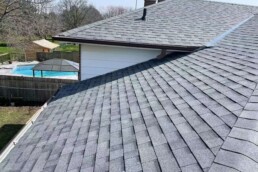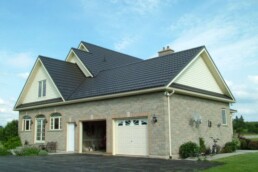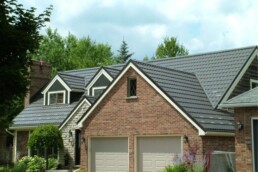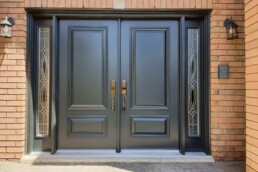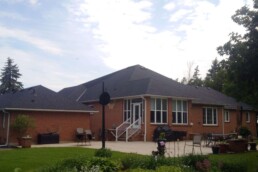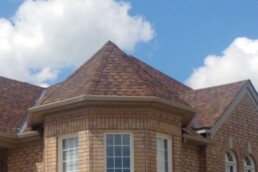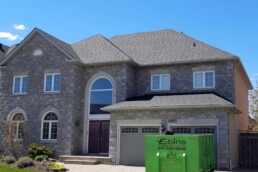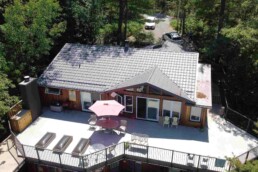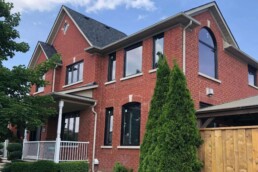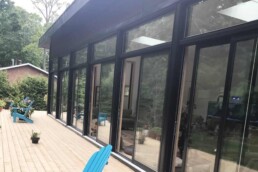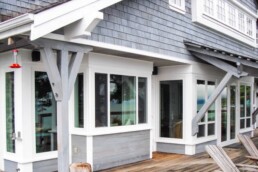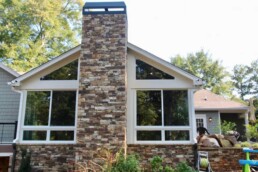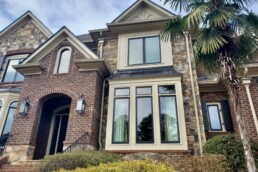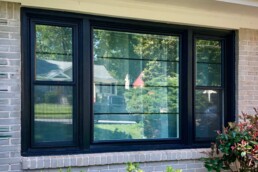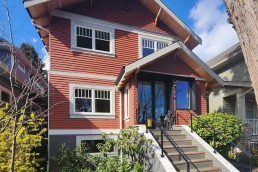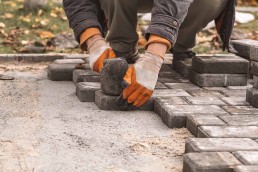
How to plan your driveway resurface project
A driveway is a central element in your home’s front landscape and exterior. Aside from providing vehicle access and a parking area, a driveway is a home investment that has a lasting effect on your home’s curb appeal.
A good place to start planning your driveway resurface is around the overall appeal. Extending the driveway either length or width could be a possible consideration. Also selecting the type of material can drastically affect the look of your driveway and the surrounding features like the garage door, windows, and entrance door.
Below you will find some of the factors to consider when planning a driveway resurface project.
Things to consider for your driveway resurface project
Size
The size of the driveway is very dependent on the local regulations that define the minimum and maximum size. Before any renovations take place be sure to research the appropriate driveway size that matches your home. To fit an average-sized car a driveway needs to be a minimum of 10-12 feet wide or wider if you are parking more cars or need turning maneuverability.
Design
A driveway can be designed in a number of ways that can differentiate your exterior from your neighbors. A common design choice is straight or curved design, possibly adding integrated lighting. With the majority of features of the driveway, design can affect both the aesthetic and functionality of your renovation project.
Material
The material for your driveway would best suit your home if it contrasts with the home’s exterior like the garage door, any walls, the landscape, and in some cases the roof. Different driveway materials also provide different functions and can depend on your geological location. Some popular options include asphalt, concrete, brick and cobblestone.
Drainage
An important feature for any driveway is drainage and should be accounted for in your renovation project. A properly draining driveway ensures that no stagenet or excess water causes damage, discoloration, and excess wear and tear of the surface. There are a few drainage options to consider that can prove effective such as an appropriate slope and placement.
Current terrain
The physical aspect of the land where the driveway is going to be placed could potentially force design decisions. As an example, if you are building on a steep hill, you may have no choice but to make it curved to keep the slope below the allowed maximum.
Maintenance
When planning a driveway, consider the amount of maintenance required to ensure the driveway’s longevity. Since no driveway material is maintenance-free, some require more than others. Some materials such as brick and concrete may require the least amount of maintenance involving occasional cleaning and in the case of cracks they can be simple to repair.
Installation
Installing driveways usually require heavy machinery such as plate compactors, excavators, and trucks that can haul the necessary amount of materials. Some materials are easier to install when compared to others which may not require specialized equipment and can greatly influence the total cost.
Seasonal timing
Ideally, dry weather is the most appropriate to resurface your driveway since it enables easy cleaning and sealant application. This also prevents the mixture of your sealant with water or snow. Rain and extreme temperatures can also affect the installation of your driveway where fall and spring proves to be the ideal seasons for driveway renovation.
Ready to get Started on your DRIVEWAY Renovation Project?
How much does it cost to resurface a driveway?
The cost of a driveway will heavily depend on the type of material and the overall design. As an example, on average an asphalt driveway can cost between $3000 to $7000. As this is just an average price, size and shape is also an influential factor in total cost. The bigger your driveway renovation the more materials that will be needed. Another factor is the thickness of the driveway since certain materials can be installed in thicker increments, this also results in more material needed. In addition, uniquely shaped driveways require more work to cover than straightforward driveway spaces.
As mentioned the type of material is a major factor in the overall cost of the driveway renovation. Materials such as asphalt and concrete are dependent on the cost for manufacturers to produce that material. They can experience an influx or dip in price based on the current costs of the required manufacturing material. Lastly, labor costs are another consideration in the total budget in your renovation project. Based on the size of the project this cost can fluctuate. Always choose a reputable driveway contractor for any renovation project for the optimal results.
